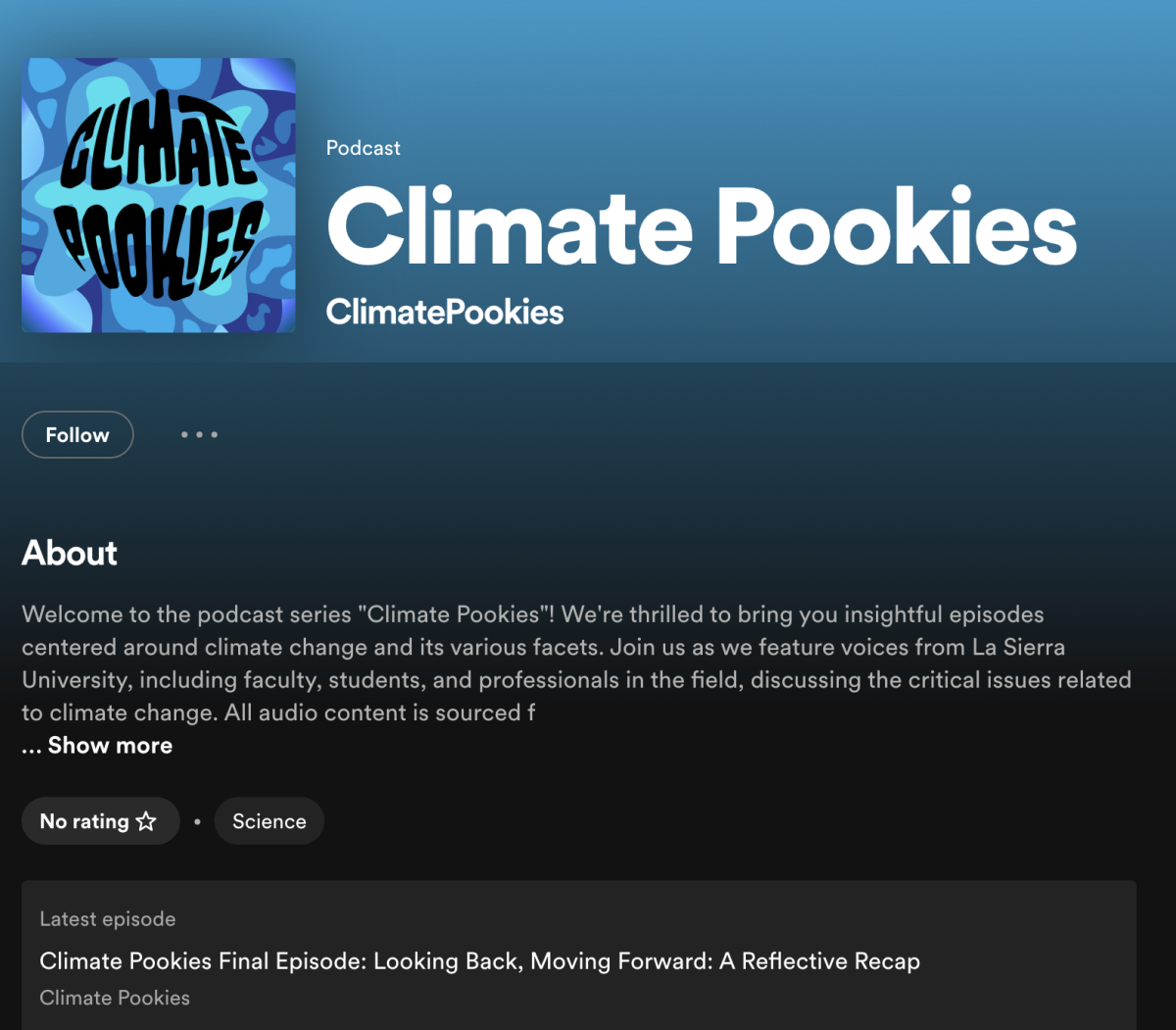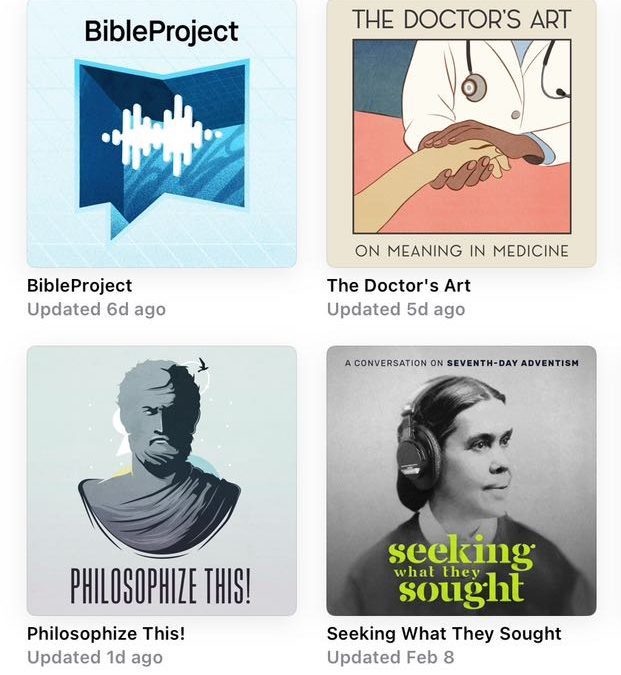John Banta, Class of 2026: Neuroscience/Pre-medicine

Podcasts have been a part of my routine for three years now, though my listening habits have changed throughout. I first started listening to podcasts senior year of high school. Being homeschooled up to this point, I wanted something to give me a productive start to the unfamiliar 8 o’clock in-person classes. “NPR,” “Axios” and “The Economist” were my go-to’s, and before long, the opening jingles were the theme of my mornings. After my glasses and Casio, my AirPods have since been an essential item to put on when I wake up. Since then, however, I have tended toward other kinds of podcasts and reading my news instead. Staying caught up on the goings-on in the world has always been important for me, and while listening is a powerful way of learning, many times a picture can pierce meaning through more effectively.
Listening to podcasts is reminiscent of the radio, but in my view, podcasts are an advancement of radio in that they reflect social media–anyone can make a podcast. Much like scrolling through posts or browsing through YouTube videos, it’s easy to find and refine one’s interests through engaging with different topics. However, since podcasts tend to run longer, it can challenge the short-form content expected from scrolling.

What I find especially appealing about podcasts is that it’s learning through conversation, as if I’m “walking with the wise” (Proverbs 13:20). Some podcasts that I’ve been walking with for a while are “Philosophize This!” “The Doctor’s Art” and “BibleProject.” Some seemingly disparate thoughts coalesce for me as I see how these conversations continue to help me develop how I think.
Podcasts have allowed me to digest large quantities of information that would otherwise discourage me from learning. In particular, there’s so much literature from philosophy over the millennia that it becomes overwhelming to read through. Through podcasts, I can listen while doing other tasks, like getting ready to go to my 8 o’clock. Hearing someone explain how (Western) philosophy has developed over the years has helped me get a better grasp on this intimidating subject. As someone planning on practicing medicine, hearing humanitarian perspectives helps keep me grounded in what makes it important. Reading through the Bible can be disadvantageous when it gives the impression that it’s simply understandable. It’s been invaluable for me to realize how much more complex it is, humbling me to approach it with fresh eyes.
I’ve tried out various podcasts over the years, some I’ve kept and some I don’t listen to anymore. For me now, the most important part is finding content that both interests me and challenges me.
Daphne Prakash, Class of 2025: Biology
My journey into the world of podcasts began during the onset of the COVID-19 pandemic in my junior year of high school. Intrigued by the medium and spurred by friends who dabbled in podcast creation, I delved into topics ranging from climate change to politics, eager to engage in discussions and even contribute to a few podcast episodes myself. As someone who learns best through listening, podcasts quickly became a staple in my daily routine, accompanying me on walks, workouts, and moments of solitude during uncertain times.
Transitioning into college, podcasts seamlessly integrated into my nighttime ritual, providing relaxation and enrichment. Podcasts were invaluable supplements to my General Biology lectures, offering alternative perspectives and deepening my understanding of complex concepts. Today, I find myself unwinding before bed and preparing for the day ahead with the soothing voices and thought-provoking narratives of my favorite podcasts.
While my podcast preferences have evolved, reflecting shifts in interests and priorities, their appeal remains constant. Podcasts serve as portals to diverse realms of knowledge and exploration, from poetry and astronomy to politics and news analysis. Currently, I find myself drawn to politically-focused podcasts such as “Today, Explained” and “The Run-Up,” as well as reflective offerings like “Modern Love” and “How to Keep Time.” Podcasts like “Decoder Ring,” “Unexplainable,” and “Not Past It” captivate me with their narrative-driven inquiries into the curious and the unexpected, while “Sounds Like a Cult” offers a delightful exploration of modern-day phenomena.
My appreciation for podcasts extends beyond consumption; this past fall, I had the opportunity to participate in podcast production as part of the Honors class UHNR 314: Changing Communities. Through “Climate Pookies,” the 2025 Honors cohort’s podcast on multidisciplinary climate action, I gained firsthand insight into the intricate process of crafting compelling narratives and engaging discussions. This experience illuminated the dedication and creativity required to produce quality content, further deepening my admiration for the podcasting medium.

What sets podcasts apart is their unique ability to foster connection, curiosity, and intellectual growth. As a platform transcending traditional media boundaries, podcasts offer a rich tapestry of voices and perspectives, enriching our understanding of the world and fostering meaningful dialogue. In an era of rapid technological advancements and an insatiable thirst for knowledge, podcasts emerge as a vital response to our generation’s quest for connection, enlightenment, and engagement.
In essence, podcasts represent more than just entertainment or education—they embody a cultural phenomenon that reflects and shapes the fabric of our society. As we navigate an increasingly complex and interconnected world, podcasts stand as beacons of curiosity, companions on our journey of discovery, and catalysts for transformative change.
To listen to the 2025 Honors cohort’s podcast on multidisciplinary climate action: https://open.spotify.com/show/56RIGE1da8eQUn5laayZiT?si=812dd6b96c514da5

